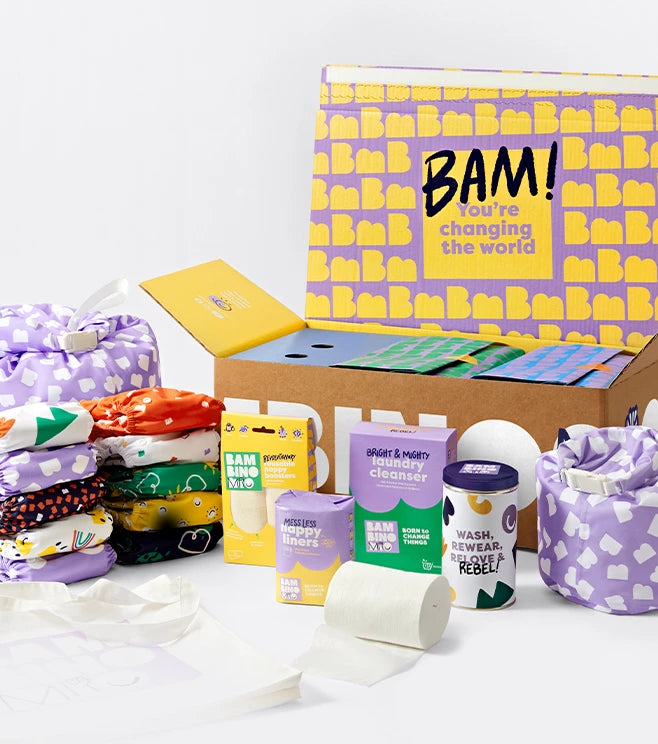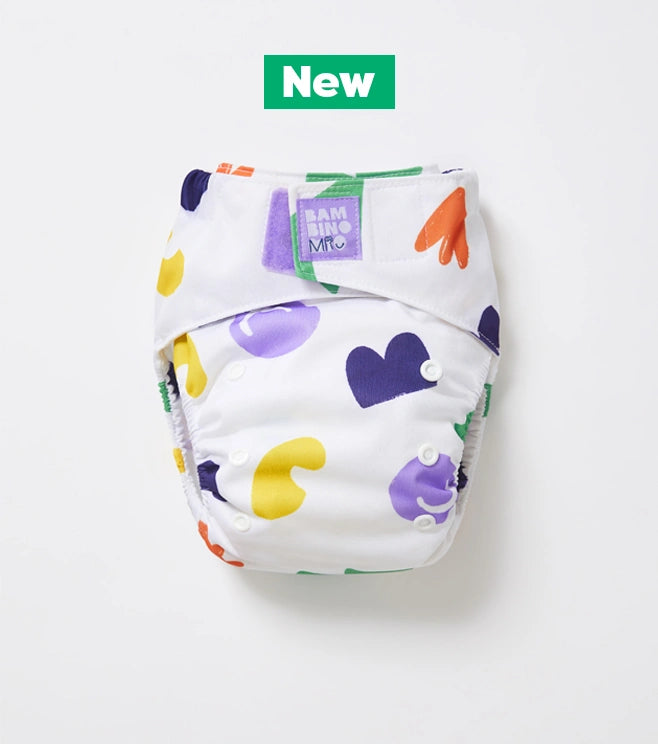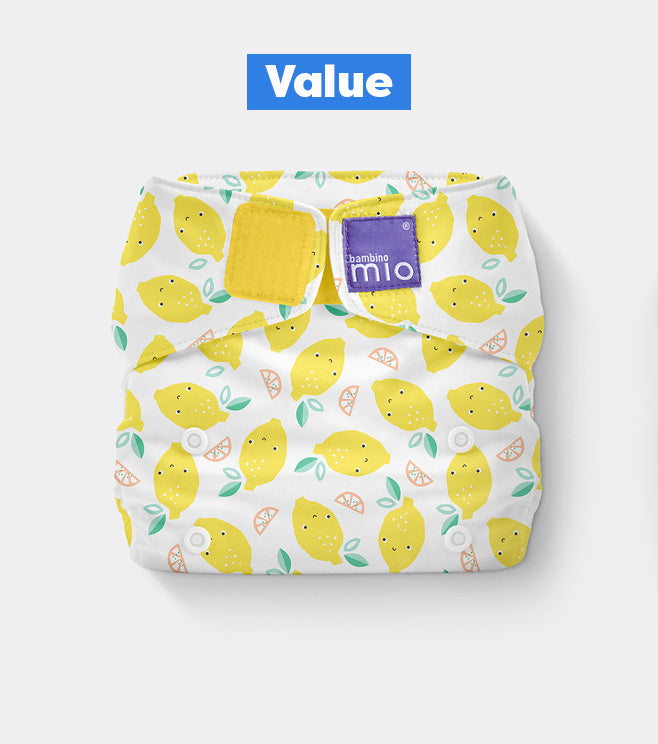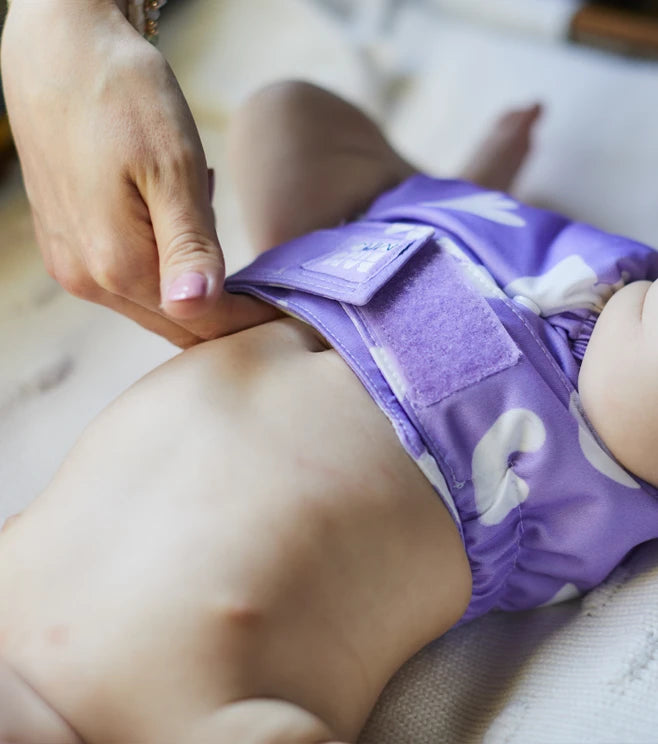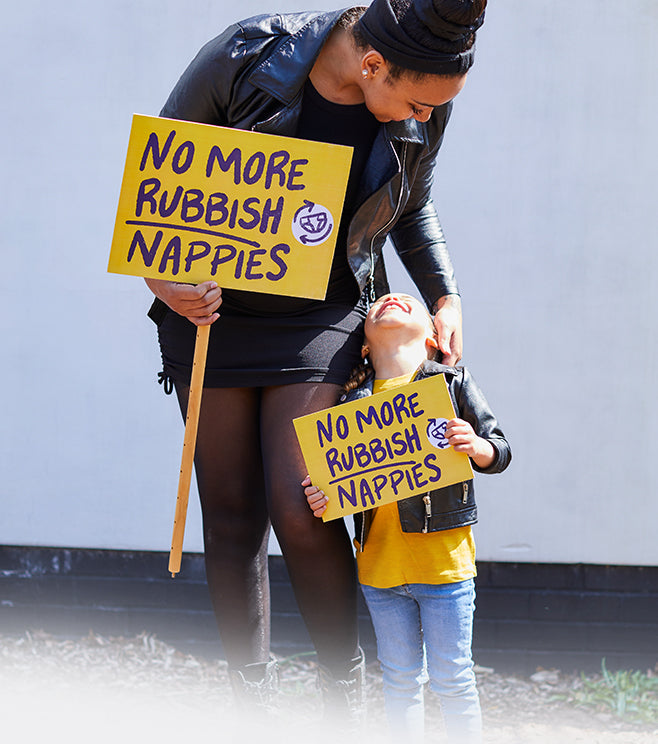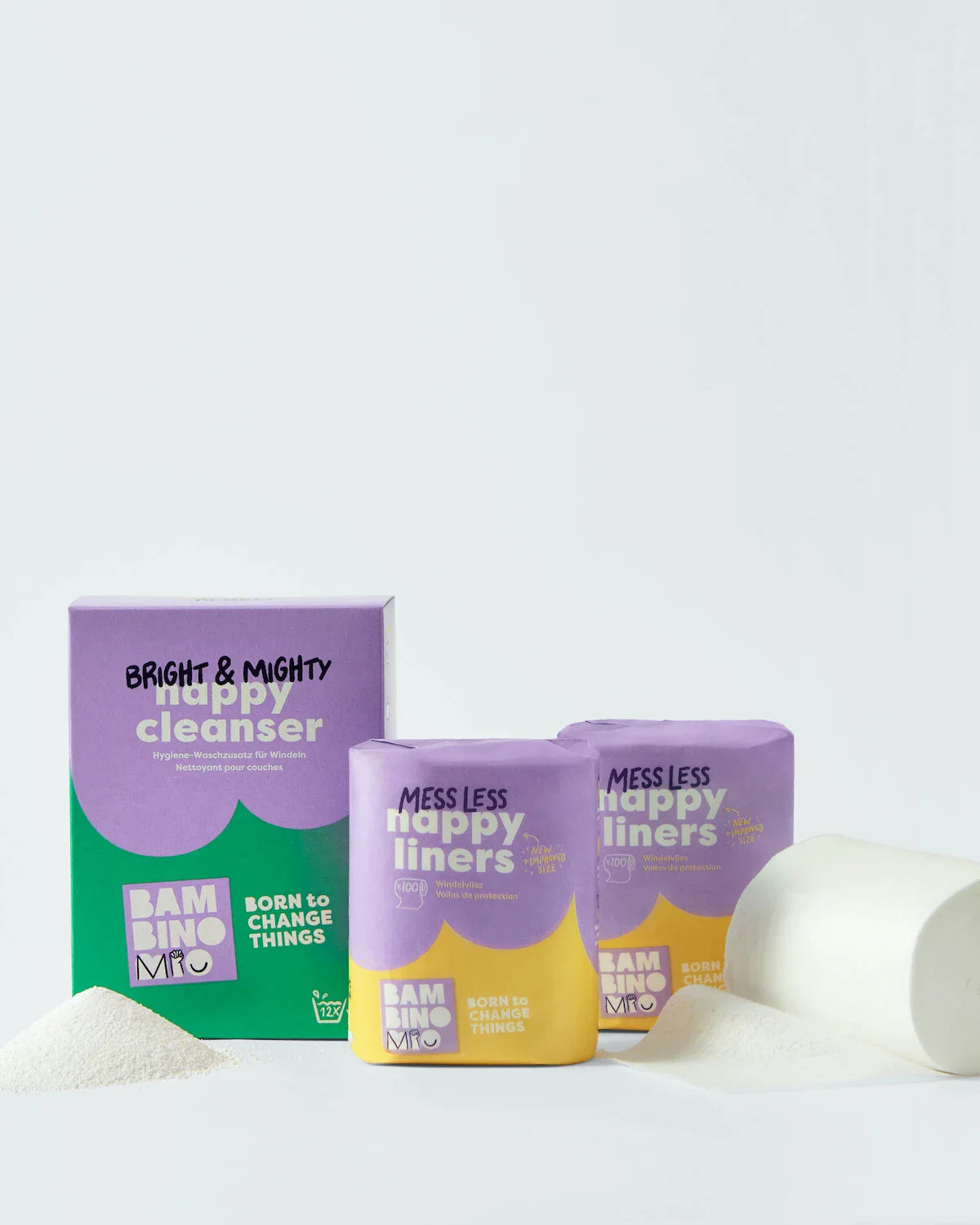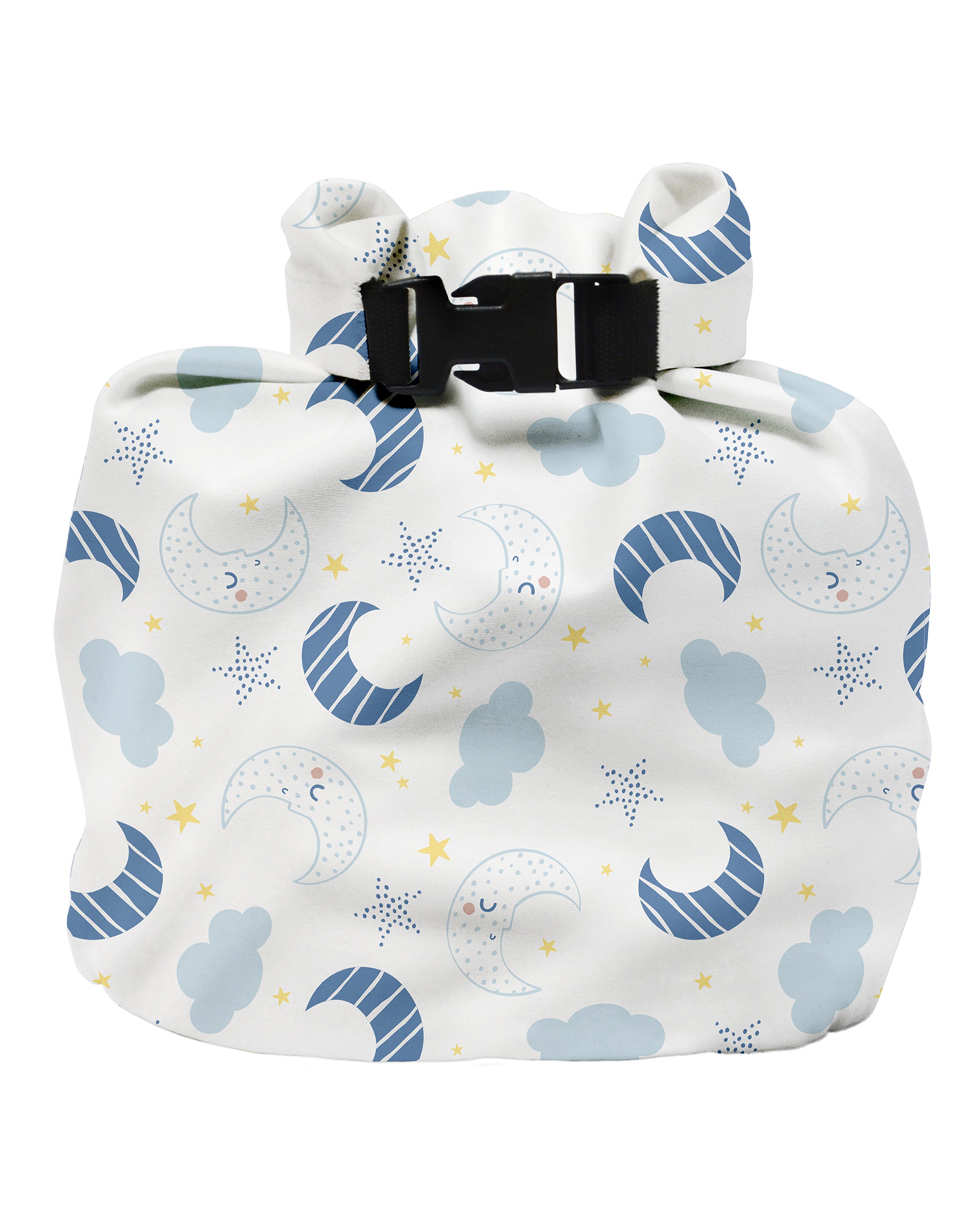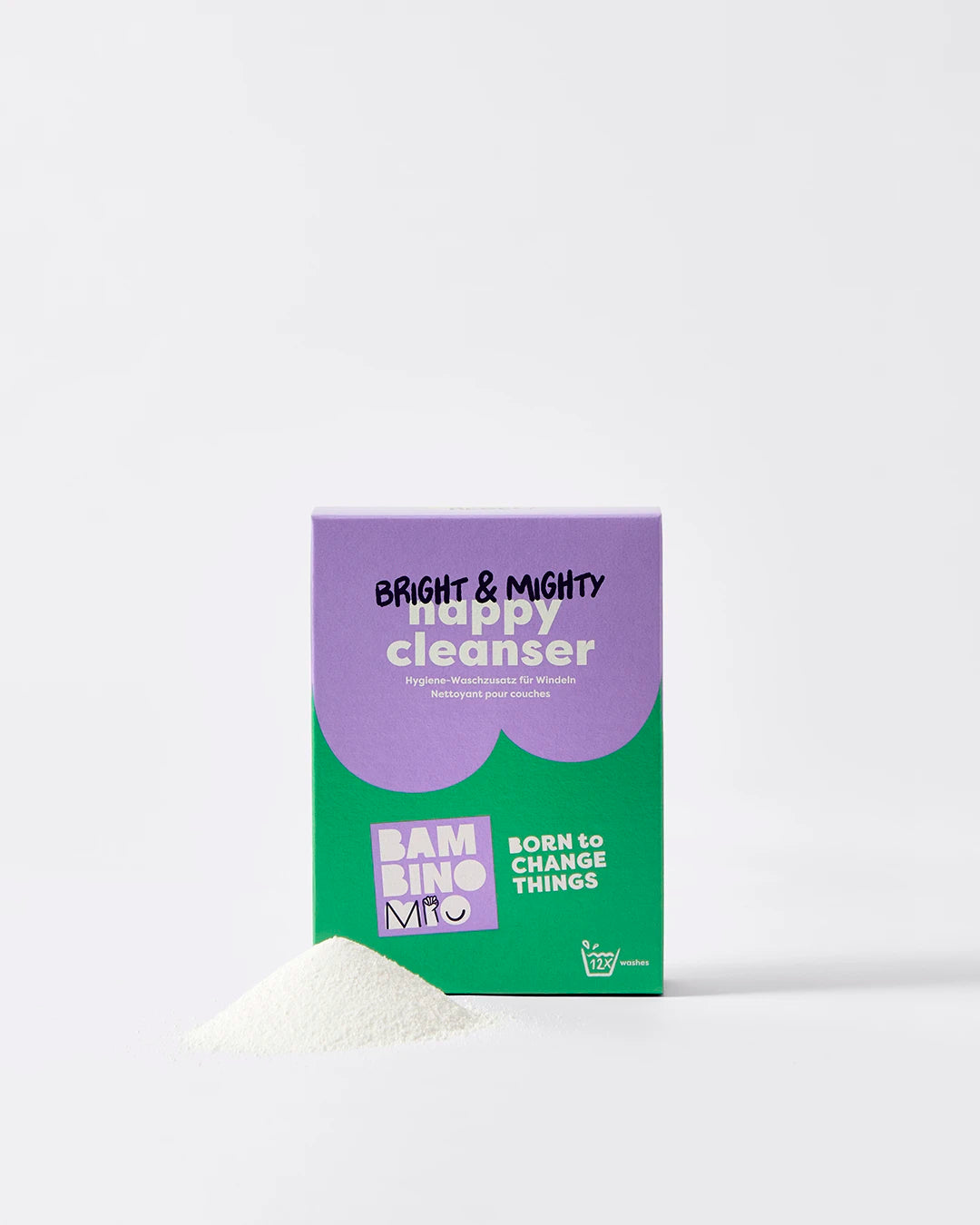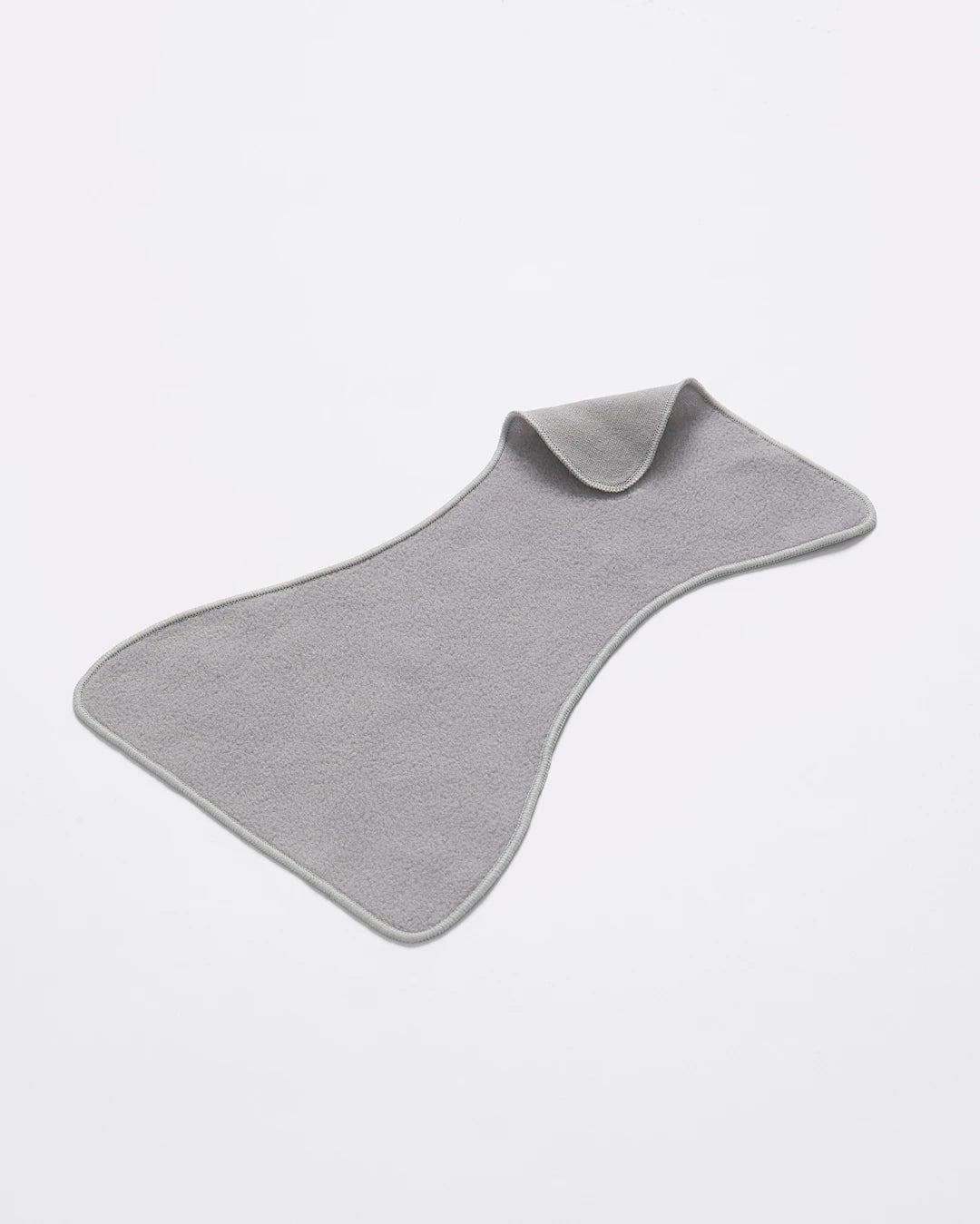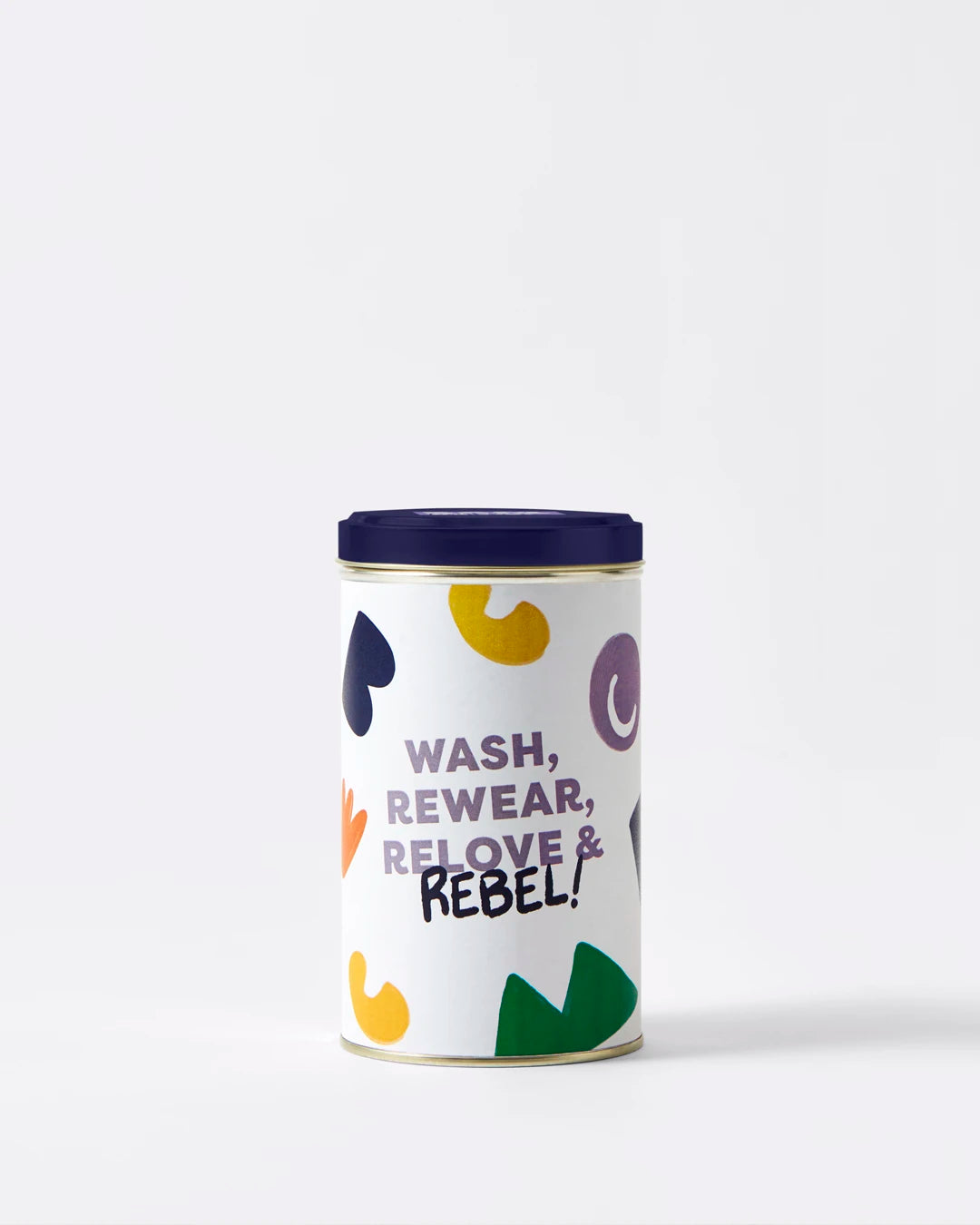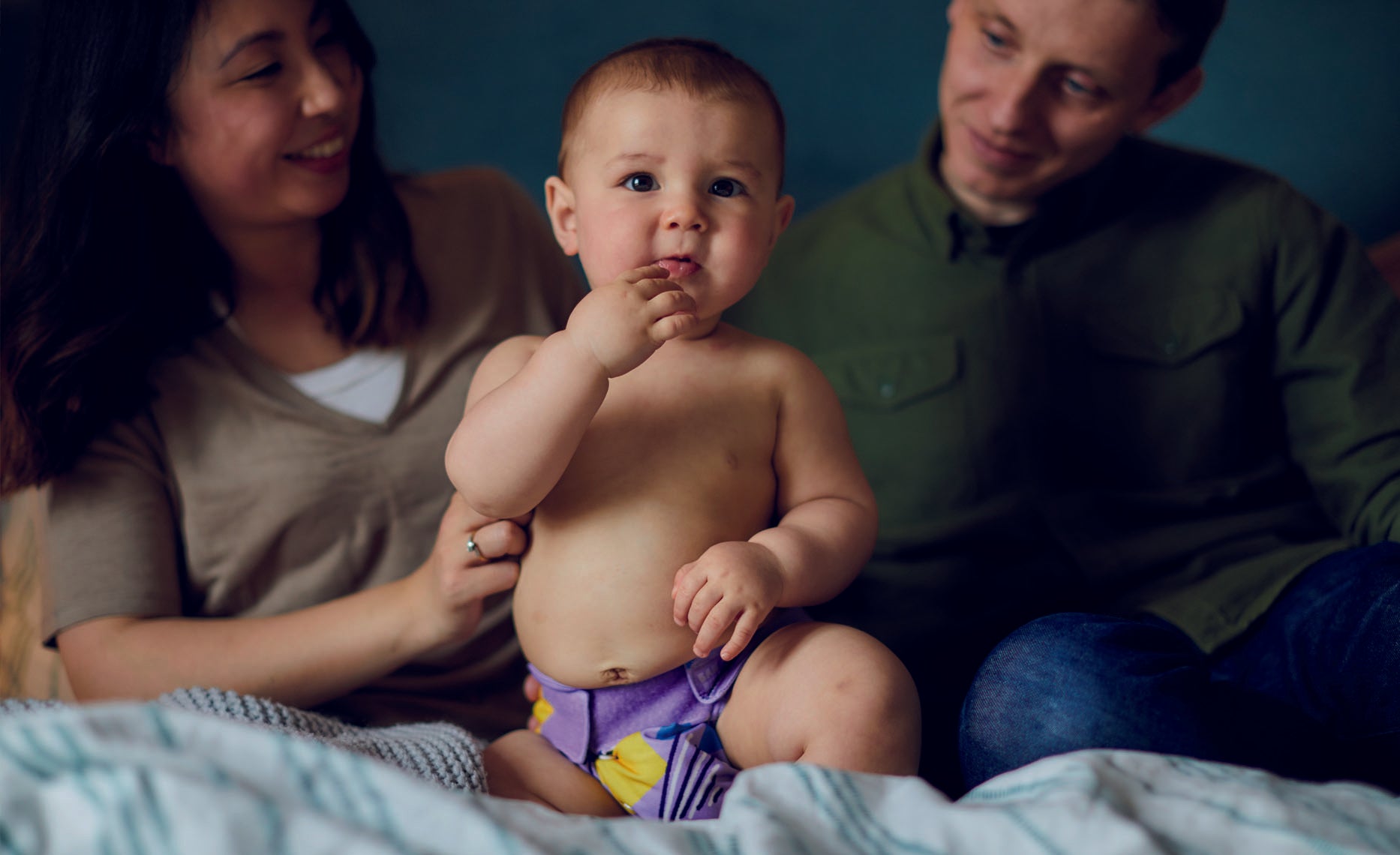Week 33 of Pregnancy | How Big is Your Baby at 33 Weeks?
Share Options
- Bambino Mio
- 29 / 06 / 2023

Inside this Article:
Pregnancy is a time of huge change for you, your body and your life. Our guide will help you through this amazing time, letting you know what to expect at each stage and, most excitingly, what your baby is up to each week.
Your baby is the size of a chihuahua!
We’ve run out of fruit and vegetable comparisons for your baby, so we’ve resorted to domestic animals!
Yes, your baby is around the same weight as a chihuahua, which is around 2,100g (4.5lbs). In terms of length, your baby is 43cm (17in) from crown to heel and 30.2cm (11.75in) from crown to rump.
Baby’s bones are ready to go!
They’re fully developed but they’re still a little soft and pliable so they can pass through the birth canal. The plates of your baby’s skull (1) are especially soft and have gaps in between them - the fontanelles - so they can move closer together to ease your baby’s entry into the world.
These fontanelles stay soft for up to 12 months after your baby’s born so that their skull can carry on expanding to accommodate their growing brain.
Your baby developed a sucking reflex at around week 28 of pregnancy and now, just four weeks later, they’re practising sucking and swallowing. Amazingly, your baby might display the rooting reflex (2) - turning their head and opening their mouth - if there’s a touch or pressure near their cheek.
Last week your baby would have been moderately premature if they arrived and in week 33 they’re even less premature (3)! They’ll still need a little while in special care, but their lungs are almost mature by now.
How you’re feeling at 33 weeks of pregnancy
In a word - breathless. Pregnancy brings lots of aches, pains and moods and week 33 of pregnancy will almost certainly involve some rib pain as your growing uterus puts pressure on your ribcage. Your baby is also squirming, kicking and pushing against your bottom ribs and so you might have anything from the odd twinge to costochondritis (4) - an inflammation of the cartilage in your chest wall.
The breathlessness you’re probably feeling is due in part to your ever-expanding uterus squeezing your lungs and diaphragm and around two thirds of women experience some degree of dyspnea, or shortness of breath (5) so it is a common symptom.
On top of all these annoying pregnancy symptoms, you might be feeling some anxiety about labour and birth. This is all quite normal, but it is something you can talk to your midwife about. Attending antenatal classes can help a lot, as can talking to women in your circle who’ve given birth.
Staying healthy at 33 weeks of pregnancy
You might be a bit fed up with your healthy eating regime by now and you might be fantasising about a glass of wine and some blue cheese (6), but just keep it up as it’s only a few more weeks!
At this late stage of pregnancy it’s time to really look after yourself. Rest when you can, ignore some of the housework or get someone else to pitch in and share the load.
You can still exercise as much as you’re comfortable with (7) and it’s a good idea to get some activity in each day because it’s a mood lifter and helps to keep your digestive system moving along.
When you’re relaxing, keep your pregnancy pillow with you and make sure you change positions whenever you feel uncomfortable or breathless. You don’t get a medal for endurance (although you might feel like you should!). Sleeping on your side is the safest sleeping position now, as sleeping on your back means the baby's weight can squash your vena cava (8), the large vein which returns blood to your heart.
Things to think about at 33 weeks pregnant
Although your thoughts might be taken up with labour and birth right now, the whole shebang will only last a day or so! There’s quite a bit of time after the birth that you need to get ready for.
The first few days and weeks after giving birth can be uncomfortable, so if you’re already prepared you can make life easier. Here’s a quick checklist for postpartum lifesavers:
- A squeezy bottle so you can spray warm water over your vulva when you go for a wee - tears, grazes and stitches can sting and some cooling water can help
- Nipple cream is really useful if you’re breastfeeding, so you can soothe cracked and irritated nipples; make sure you have some in the bathroom cabinet before you need it
- A stool softener to help you with that first poo after you’ve given birth; some women find it very painful, especially if they’ve not been to the bathroom for a couple of days
- A doughnut cushion to take the pressure off a torn, cut or bruised perineum
- A freezer full of stews, soups and ice cream - you know we’re right…
Citations and References
(1) National Institutes of Health (NIH). National Library of Medicine. ‘Anatomy, Head and Neck: Fontanelles.’ 2022. Web. www.ncbi.nlm.nih.gov/books/NBK542197
(2) Healthline. ‘What is Rooting Reflex?’ 2019. Web www.healthline.com/health/parenting/rooting-reflex
(3) National Health Service (NHS). What to Expect in Your Baby's Development. 32-36 Weeks’ Gestation.’ 2023. Web. mft.nhs.uk/saint-marys/services/newborn-intensive-care-unit-nicu/what-to-expect/32-36-weeks-gestation
(4) National Health Service (NHS). ‘RiB Pain in Pregnancy.’ 2022. Web. www.royalberkshire.nhs.uk/media/e1ufn3pq/physio-rib-pain-in-pregnancy_jan22.pdf
(5) Medical News Today. ‘Causes of Shortness of Breath During Pregnancy.’ 2023. Web. www.medicalnewstoday.com/articles/322316
(6) National Health Service (NHS). ‘Keeping Well in Pregnancy. Foods to Avoid in Pregnancy.’ 2023. Web. www.nhs.uk/pregnancy/keeping-well/foods-to-avoid
(7) National Health Service (NHS). Keeping Well in Pregnancy: Exercise in Pregnancy.’ 2023. Web. www.nhs.uk/pregnancy/keeping-well/exercise
(8) National Institutes of Health. (NIH) National Library of Medicine. ‘Back to Basics: Avoiding the Supine Position in Pregnancy.’ 2017. Web. www.ncbi.nlm.nih.gov/pmc/articles/PMC5309362
Pregnancy by Week, What to Expect


